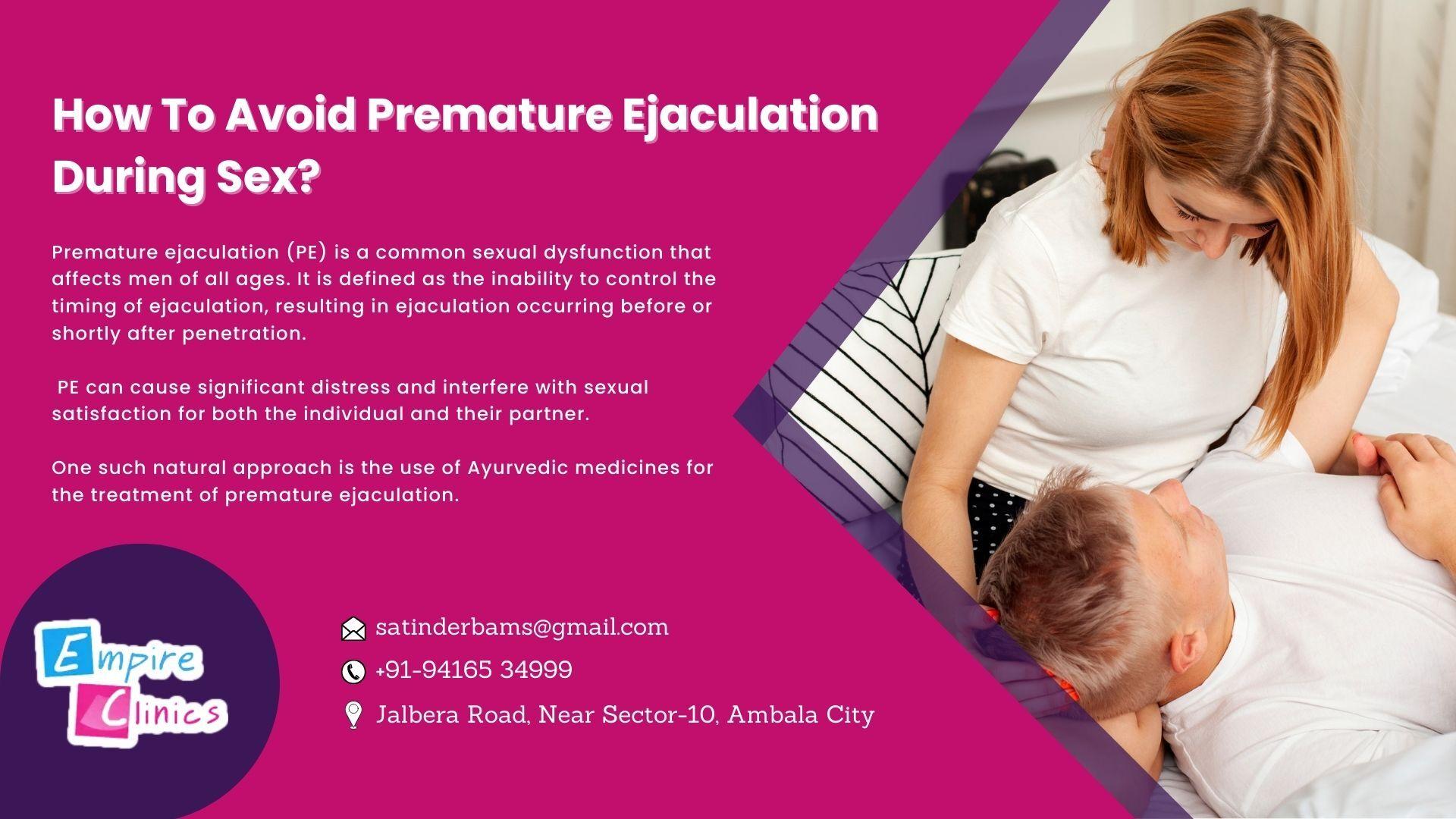Premature ejaculation (PE) is a common sexual dysfunction that affects men of all ages. It is defined as the inability to control the timing of ejaculation, resulting in ejaculation occurring before or shortly after penetration. PE can cause significant distress and interfere with sexual satisfaction for both the individual and their partner.
While there are various treatments available for PE, including medications and behavioral therapies, there are also steps that individuals can take to try and prevent premature ejaculation during sex. In this article, we will explore some of the strategies that may help to delay ejaculation and improve sexual satisfaction.
Understanding the Causes of Premature Ejaculation
Before discussing strategies to prevent premature ejaculation, it is important to understand the potential causes of this sexual dysfunction. There are several factors that may contribute to PE, including:
- Psychological factors: Stress, anxiety, depression, and other psychological issues can contribute to premature ejaculation.
- Biological factors: Hormonal imbalances, nerve damage, and certain medications may contribute to PE.
- Lifestyle factors: Alcohol use, tobacco use, and certain recreational drugs may contribute to PE.
- Relationship issues: Communication problems or conflicts with a sexual partner may contribute to PE.
- Understanding the specific causes of premature ejaculation can help to inform treatment approaches and strategies to prevent PE.
Strategies to Prevent Premature Ejaculation
There are several strategies that individuals can try to prevent premature ejaculation during sex.
These strategies may include:
- Start-and-stop method: This technique involves stopping sexual activity when you feel that you are close to ejaculating, and then waiting for the sensation to subside before continuing. This can help to build control over the timing of ejaculation.
- Squeeze method: This technique involves applying pressure to the tip of the penis when you feel that you are close to ejaculating. This can help to reduce the sensation of ejaculatory inevitability and delay ejaculation.
- Pelvic floor exercises: Strengthening the muscles of the pelvic floor may help to improve control over ejaculation. Kegel exercises, which involve contracting and relaxing the muscles of the pelvic floor, can be done discreetly and can be incorporated into a daily routine.
- Use of condoms: Using a condom can help to reduce sensitivity during sex, which may help to delay ejaculation.
- Communication with your partner: Talking openly with your partner about your concerns and desires can help to improve communication and intimacy, which may in turn help to reduce anxiety and improve sexual satisfaction.
- Manage stress and anxiety: Stress and anxiety can contribute to premature ejaculation. Engaging in stress-reducing activities, such as exercise, meditation, or talking with a therapist, can help to reduce anxiety and improve sexual function.
- Try different sexual positions: Experimenting with different sexual positions may help to decrease the stimulation that leads to ejaculation. Positions that allow for less direct genital contact, such as the woman-on-top position, may be particularly helpful.
Conclusion:
Premature ejaculation is a common sexual dysfunction that can cause significant distress and interfere with sexual satisfaction. While there are various treatments available for PE, including medications and behavioral therapies, there are also strategies that individuals can try to prevent premature ejaculation during sex. These strategies may include the start-and-stop method, the squeeze method, pelvic floor exercises, the use of condoms, open communication with a partner, managing stress and anxiety, and trying different sexual positions. It may be helpful to try a combination of these strategies to find what works best for you. If you are experiencing premature ejaculation.







